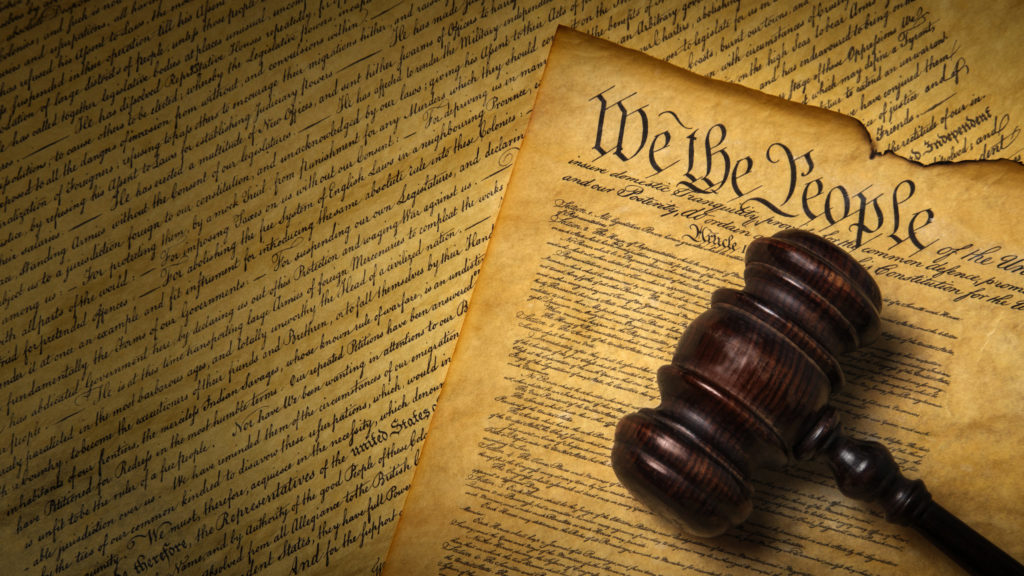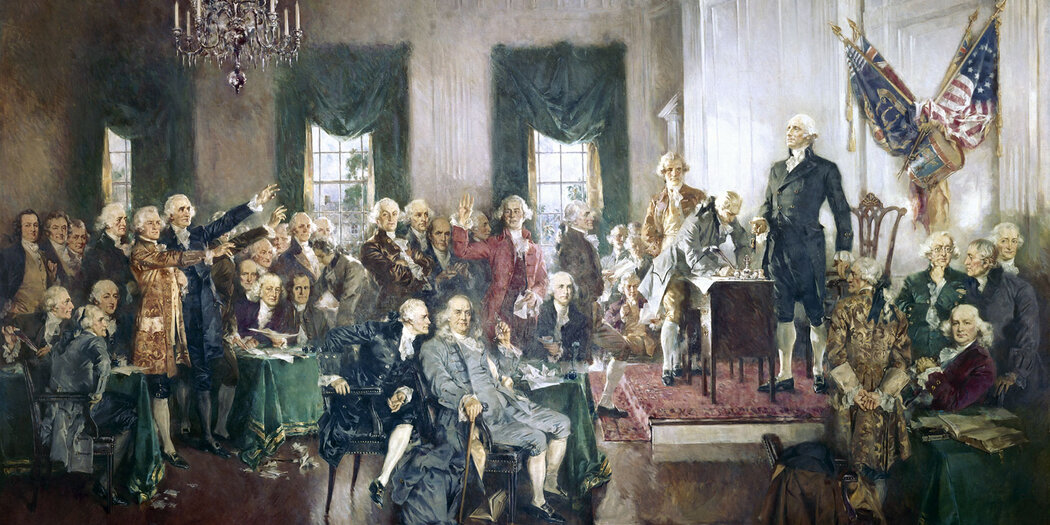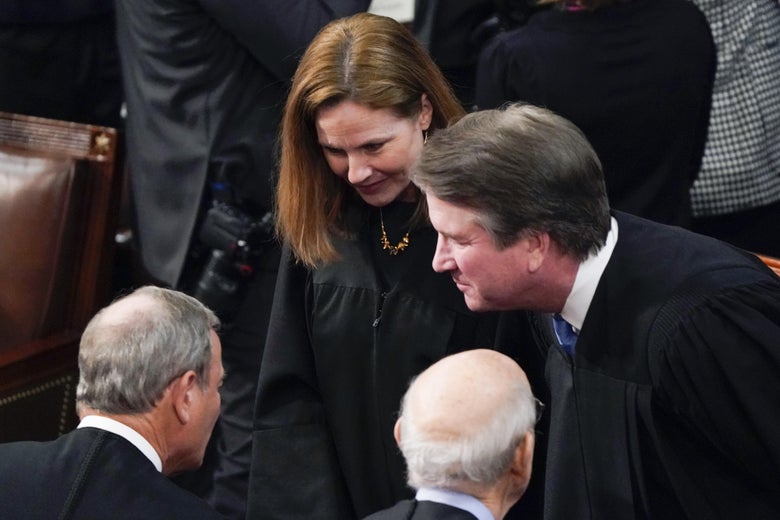OfTheCross
Veteran
This is important. SCOTUS will decide this in the next year and it will impact everyone. It would give 100% power to State Legislatures when it comes to elections and redistricting with no checks and balances or Constitutional bounds.

 www.justsecurity.org
www.justsecurity.org
This morning, the Supreme Court decided to hear Moore v. Harper, a challenge to the congressional maps in North Carolina that has the potential to upend over 200 years of election law. In Moore, members of the state legislature are urging the Supreme Court to reinstate the map they drew – and that North Carolina courts struck down as unconstitutional and redrew – using what is known as the “independent state legislature” theory (or ISL). That theory claims that the federal Constitution gives state legislatures the power to regulate federal elections without checks from other state officials or constraints from the state’s constitution. Though Moore concerns congressional redistricting, the ISL theory reaches far further and would have sweeping and dangerous implications for most aspects of federal elections.
Under some other versions of the theory not at issue in Moore, governors could not veto state laws concerning federal elections, nor could citizens, by ballot initiative, change the rules for federal elections. Proponents of this version of the theory read the reference to “legislature” to mean only state assemblies and state senates (sometimes called “institutional” or “formal” legislatures) and not the broader legislative processes, such as gubernatorial veto or citizen ballot initiative, used by a state. And, while the Supreme Court has never adopted the theory, in Bush v. Gore, Chief Justice William Rehnquist, joined by Justices Antonin Scalia and Clarence Thomas, advanced a version of the theory that would allow federal courts to step in and block state court interpretations of state law where the federal courts found those interpretations to diverge too much from the plain text.

The Independent State Legislature Theory Should Horrify Supreme Court’s Originalists
Supreme Court grants cert in Moore v. Harper, taking on the question of state legislatures' power over federal elections.
 www.justsecurity.org
www.justsecurity.org
This morning, the Supreme Court decided to hear Moore v. Harper, a challenge to the congressional maps in North Carolina that has the potential to upend over 200 years of election law. In Moore, members of the state legislature are urging the Supreme Court to reinstate the map they drew – and that North Carolina courts struck down as unconstitutional and redrew – using what is known as the “independent state legislature” theory (or ISL). That theory claims that the federal Constitution gives state legislatures the power to regulate federal elections without checks from other state officials or constraints from the state’s constitution. Though Moore concerns congressional redistricting, the ISL theory reaches far further and would have sweeping and dangerous implications for most aspects of federal elections.
Defining the Independent State Legislature Theory
The ISL theory is really multiple overlapping theories that fall within the broad name. The crux of any version of the theory is that the federal Constitution’s mention of state “legislatures” in the Elections and Electors Clauses should be understood as a grant of sole authority to state legislatures in setting the rules for congressional and presidential elections, respectively. In some versions, that means a state legislature’s regulation of federal elections could not be struck down by a state court on state constitutional grounds – the exact scenario at issue in Moore. The Moore petitioners go further and claim that, under the theory, a state legislature may not even delegate power to other state actors, like courts or election officials, to implement state election law where the legislature fails to address an issue.Under some other versions of the theory not at issue in Moore, governors could not veto state laws concerning federal elections, nor could citizens, by ballot initiative, change the rules for federal elections. Proponents of this version of the theory read the reference to “legislature” to mean only state assemblies and state senates (sometimes called “institutional” or “formal” legislatures) and not the broader legislative processes, such as gubernatorial veto or citizen ballot initiative, used by a state. And, while the Supreme Court has never adopted the theory, in Bush v. Gore, Chief Justice William Rehnquist, joined by Justices Antonin Scalia and Clarence Thomas, advanced a version of the theory that would allow federal courts to step in and block state court interpretations of state law where the federal courts found those interpretations to diverge too much from the plain text.



